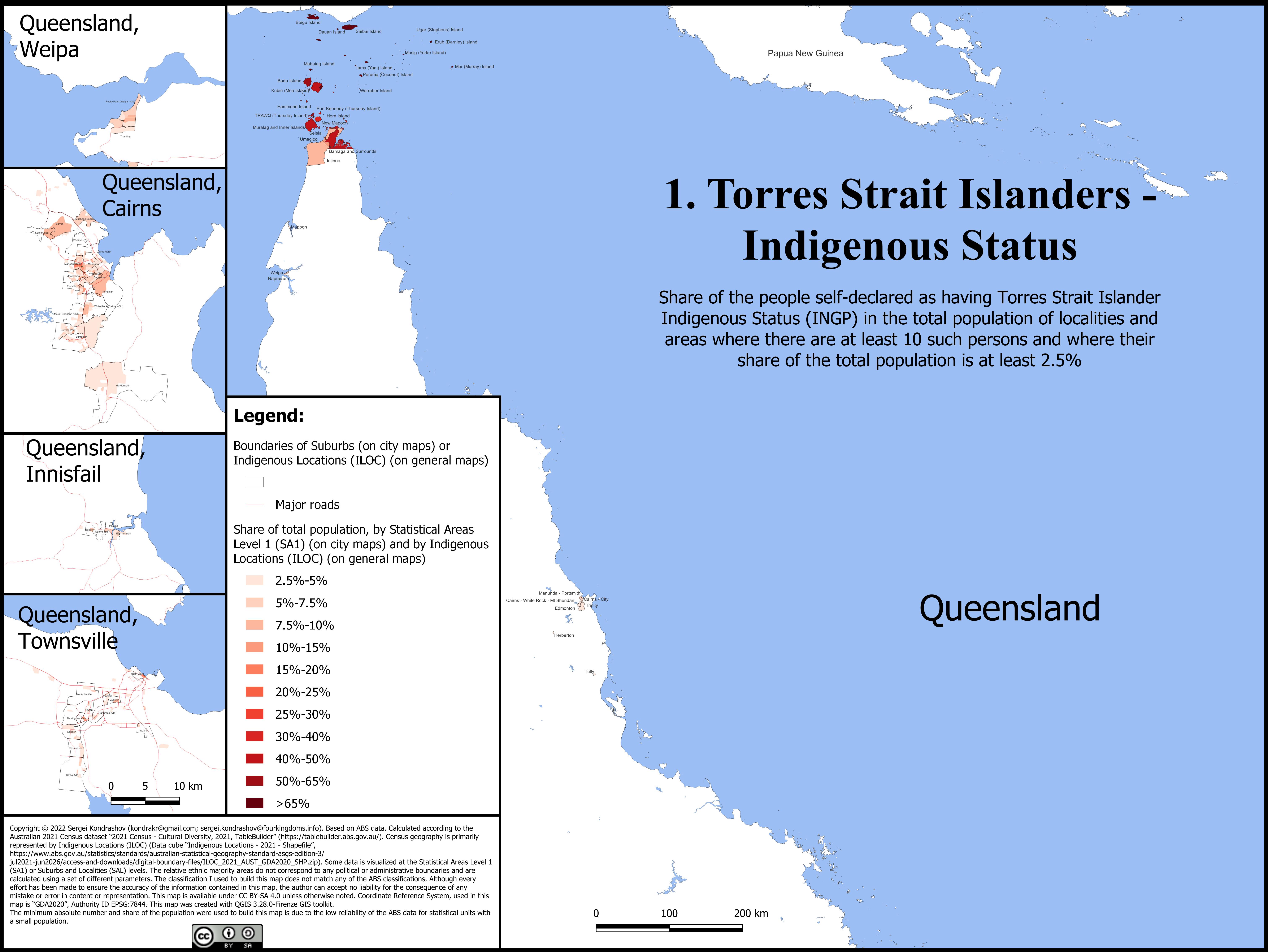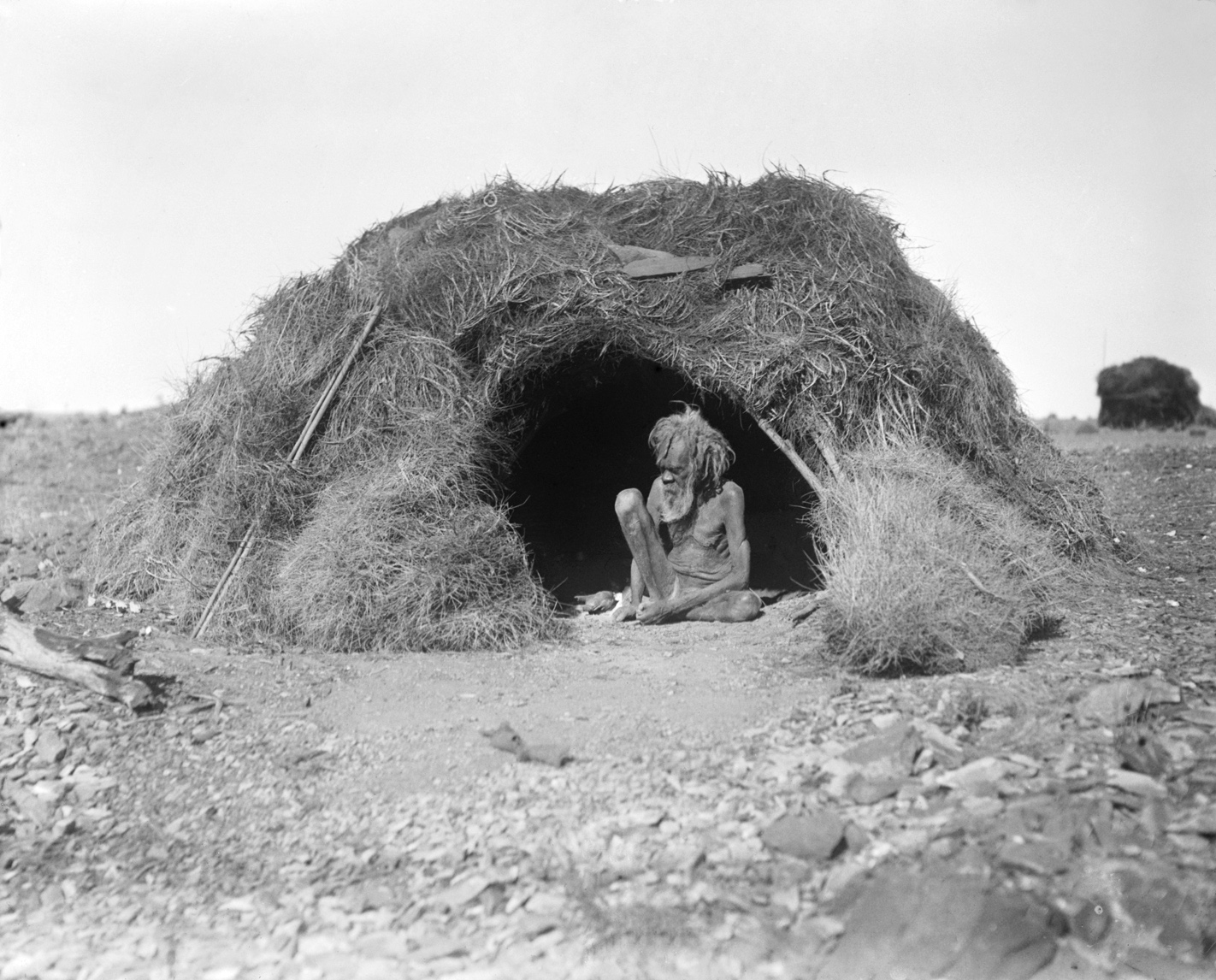|
Australian Citizenship
The primary law governing nationality of Australia is the Australian Citizenship Act 2007, which came into force on 1 July 2007 and is applicable in all states and territories of Australia. All persons born in Australia before 20 August 1986 were automatically citizens at birth regardless of the nationalities of their parents. Individuals born in the country after that date receive Australian citizenship at birth if at least one of their parents is an Australian citizen or permanent resident. Children born in Australia to New Zealand citizens since 1 July 2022 also receive Australian citizenship at birth. Foreign nationals may be granted citizenship after living in the country for at least four years, holding permanent residency for one year, and showing proficiency in the English language. Australia is composed of several former British colonies founded in the 18th and 19th centuries whose residents were British subjects. After federation as a Dominion within the British Em ... [...More Info...] [...Related Items...] OR: [Wikipedia] [Google] [Baidu] |
Commonwealth Citizen
A Commonwealth citizen is a citizen of a Commonwealth of Nations member state. Most member countries generally do not treat citizens of other Commonwealth states any differently from foreign nationals, but may grant limited citizenship rights to resident Commonwealth citizens. For example, in 14 member states, resident non-local Commonwealth citizens are eligible to vote in elections. The status is most significant in the United Kingdom, and carries few or no privileges in many other Commonwealth countries. In addition to voting and residency rights, Commonwealth citizens may receive consular assistance from Commonwealth countries. In particular, they are entitled to emergency assistance from British embassies and consulates in non-Commonwealth nations if their own country is not represented. Background Commonwealth citizenship was created out of a gradual transition from an earlier form of British nationality as the British Empire began dissolving. Before 1949, all ci ... [...More Info...] [...Related Items...] OR: [Wikipedia] [Google] [Baidu] |
Precedent
Precedent is a judicial decision that serves as an authority for courts when deciding subsequent identical or similar cases. Fundamental to common law legal systems, precedent operates under the principle of ''stare decisis'' ("to stand by things decided"), where past judicial decisions serve as case law to guide future rulings, thus promoting consistency and predictability. Precedent is a defining feature that sets common law systems apart from Civil law (legal system), civil law systems. In common law, precedent can either be something courts must follow (binding) or something they can consider but do not have to follow (persuasive). Civil law (legal system), Civil law systems, in contrast, are characterized by comprehensive Code of law, codes and detailed statutes, with no emphasis on precedent, and where judges primarily focus on fact-finding and applying codified law. Courts in common law systems rely heavily on case law, which refers to the collection of precedents and le ... [...More Info...] [...Related Items...] OR: [Wikipedia] [Google] [Baidu] |
Torres Strait Islanders
Torres Strait Islanders ( ) are the Indigenous Melanesians, Melanesian people of the Torres Strait Islands, which are part of the state of Queensland, Australia. Ethnically distinct from the Aboriginal Australians, Aboriginal peoples of the rest of Australia, they are often grouped with them as Indigenous Australians. Today, many more Torres Strait Islander people live in mainland Australia than on the Islands. Five distinct peoples exist within the broader designation of Torres Strait Islander people, based partly on geographical and cultural divisions. Kalaw Lagaw Ya and Meriam Mir comprise the two main Indigenous language groups; Torres Strait Creole is also widely spoken as a language of trade and commerce. The core of Island culture is Indigenous people of New Guinea, Papuan, and the people are traditionally a seafaring nation. The Torres Islanders exhibit a strong artistic culture, particularly in sculpture, printmaking, and mask-making. Demographics Of the 133 islands ... [...More Info...] [...Related Items...] OR: [Wikipedia] [Google] [Baidu] |
Aboriginal Australians
Aboriginal Australians are the various indigenous peoples of the Mainland Australia, Australian mainland and many of its islands, excluding the ethnically distinct people of the Torres Strait Islands. Humans first migrated to Australia (continent), Australia 50,000 to 65,000 years ago, and over time formed as many as 500 List of Aboriginal Australian group names, language-based groups. In the past, Aboriginal people lived over large sections of the continental shelf. They were isolated on many of the smaller offshore islands and Tasmania when the land was inundated at the start of the Holocene Interglacial, inter-glacial period, about 11,700 years ago. Despite this, Aboriginal people maintained extensive networks within the continent and certain groups maintained relationships with Torres Strait Islanders and the Makassar people, Makassar people of modern-day Indonesia. Over the millennia, Aboriginal people developed complex trade networks, inter-cultural relationships, law ... [...More Info...] [...Related Items...] OR: [Wikipedia] [Google] [Baidu] |
The Crown
The Crown is a political concept used in Commonwealth realms. Depending on the context used, it generally refers to the entirety of the State (polity), state (or in federal realms, the relevant level of government in that state), the executive government specifically or only to the monarch and their Viceroy, direct representatives. The term can be used to refer to the rule of law; or to the functions of executive (government), executive (the Crown-King-in-Council, in-council), legislative (the Crown-in-parliament), and judicial (the Crown on the bench) governance and the civil service. The concept of the Crown as a corporation sole developed first in the Kingdom of England as a separation of the physical crown and property of the kingdom from the person and personal property of the monarch. It spread through English and later British colonisation and developed into an imperial crown, which rooted it in the legal lexicon of all 15 Commonwealth realms, their various dependencies, ... [...More Info...] [...Related Items...] OR: [Wikipedia] [Google] [Baidu] |
British Nationality Law
The primary law governing nationality in the United Kingdom is the British Nationality Act 1981, which came into force on 1 January 1983. Regulations apply to the British Islands, which include the UK itself (England, Wales, Scotland, and Northern Ireland) and the Crown dependencies (Jersey, Guernsey, and the Isle of Man); and the 14 British Overseas Territories. The six classes of British nationality each have varying degrees of civil and political rights, due to the UK's historical status as a colonial empire. The principal class of British nationality is British citizenship, which is associated with the British Islands. British nationals associated with an overseas territory are British Overseas Territories citizens (BOTCs). Almost all BOTCs (except for those from Akrotiri and Dhekelia) have also been British citizens since 2002. Individuals connected with former British colonies may hold residual forms of British nationality, which do not confer an automatic right of ab ... [...More Info...] [...Related Items...] OR: [Wikipedia] [Google] [Baidu] |
Colony Of New South Wales
The Colony of New South Wales was a colony of the British Empire from 1788 to 1901, when it became a State of the Commonwealth of Australia. At its greatest extent, the colony of New South Wales included the present-day Australian states of New South Wales, Queensland, Victoria, Tasmania, and South Australia, the Northern Territory as well as New Zealand. The first responsible self-government of New South Wales was formed on 6 June 1856 with Sir Stuart Alexander Donaldson appointed by Governor Sir William Denison as its first Colonial Secretary. History Formation On 18 January 1788, the First Fleet led by Captain Arthur Phillip founded the first British settlement in Australian history as a penal colony. Having set sail on 13 May 1787, Captain Arthur Phillip assumed the role of governor of the settlement upon arrival. On 18 January 1788, the first ship of the First Fleet, HMS ''Supply'', with Phillip aboard, reached Botany Bay. However, Botany Bay was found to be unsu ... [...More Info...] [...Related Items...] OR: [Wikipedia] [Google] [Baidu] |
Kingdom Of Great Britain
Great Britain, also known as the Kingdom of Great Britain, was a sovereign state in Western Europe from 1707 to the end of 1800. The state was created by the 1706 Treaty of Union and ratified by the Acts of Union 1707, which united the Kingdom of England (including Wales) and the Kingdom of Scotland to form a single kingdom encompassing the whole island of Great Britain and its outlying islands, with the exception of the Isle of Man and the Channel Islands. The unitary state was governed by a single Parliament of Great Britain, parliament at the Palace of Westminster, but distinct legal systems—English law and Scots law—remained in use, as did distinct educational systems and religious institutions, namely the Church of England and the Church of Scotland remaining as the national churches of England and Scotland respectively. The formerly separate kingdoms had been in personal union since the Union of the Crowns in 1603 when James VI of Scotland became King of England an ... [...More Info...] [...Related Items...] OR: [Wikipedia] [Google] [Baidu] |
Attorney-General's Department (Australia)
The Attorney-General's Department, also known as the Department of the Attorney-General, is the law enforcement and justice department of the Australian Government. The department is responsible for improving Australia's Law of Australia, federal law and justice framework and provides legal services to the Australian Government. The department also oversees various sub-agencies and services including the Australian Security Intelligence Organisation (ASIO), the Australian Federal Police (AFP), the Australian Human Rights Commission (AHRC) and the Director of Public Prosecutions (Australia), Director of Public Prosecutions. The head of the department is Attorney-General for Australia, currently Michelle Rowland, who is assisted by the Departmental secretary, Secretary of the Attorney-General's Department, currently Katherine Jones . History The Attorney-General's Department is one of seven original Commonwealth Departments of state, commencing with the Commonwealth of Australia on ... [...More Info...] [...Related Items...] OR: [Wikipedia] [Google] [Baidu] |
Australian Government
The Australian Government, also known as the Commonwealth Government or simply as the federal government, is the national executive government of Australia, a federal parliamentary constitutional monarchy. The executive consists of the prime minister, cabinet ministers and other ministers that currently have the support of a majority of the members of the House of Representatives (the lower house) and also includes the departments and other executive bodies that ministers oversee. The current executive government consists of Anthony Albanese and other ministers of the Australian Labor Party (ALP), in office since the 2022 federal election. The prime minister is the head of the federal government and is a role which exists by constitutional convention, rather than by law. They are appointed to the role by the governor-general (the federal representative of the monarch of Australia). The governor-general normally appoints the parliamentary leader who commands the ... [...More Info...] [...Related Items...] OR: [Wikipedia] [Google] [Baidu] |
State (polity)
A state is a politics, political entity that regulates society and the population within a definite territory. Government is considered to form the fundamental apparatus of contemporary states. A country often has a single state, with various administrative divisions. A state may be a unitary state or some type of federation, federal union; in the latter type, the term "state" is sometimes used to refer to the federated state, federated polities that make up the federation, and they may have some of the attributes of a sovereign state, except being under their federation and without the same capacity to act internationally. (Other terms that are used in such federal systems may include "province", "Region#Administrative regions, region" or other terms.) For most of prehistory, people lived in stateless societies. The earliest forms of states arose about 5,500 years ago. Over time societies became more Social stratification, stratified and developed institutions leading to Centra ... [...More Info...] [...Related Items...] OR: [Wikipedia] [Google] [Baidu] |



